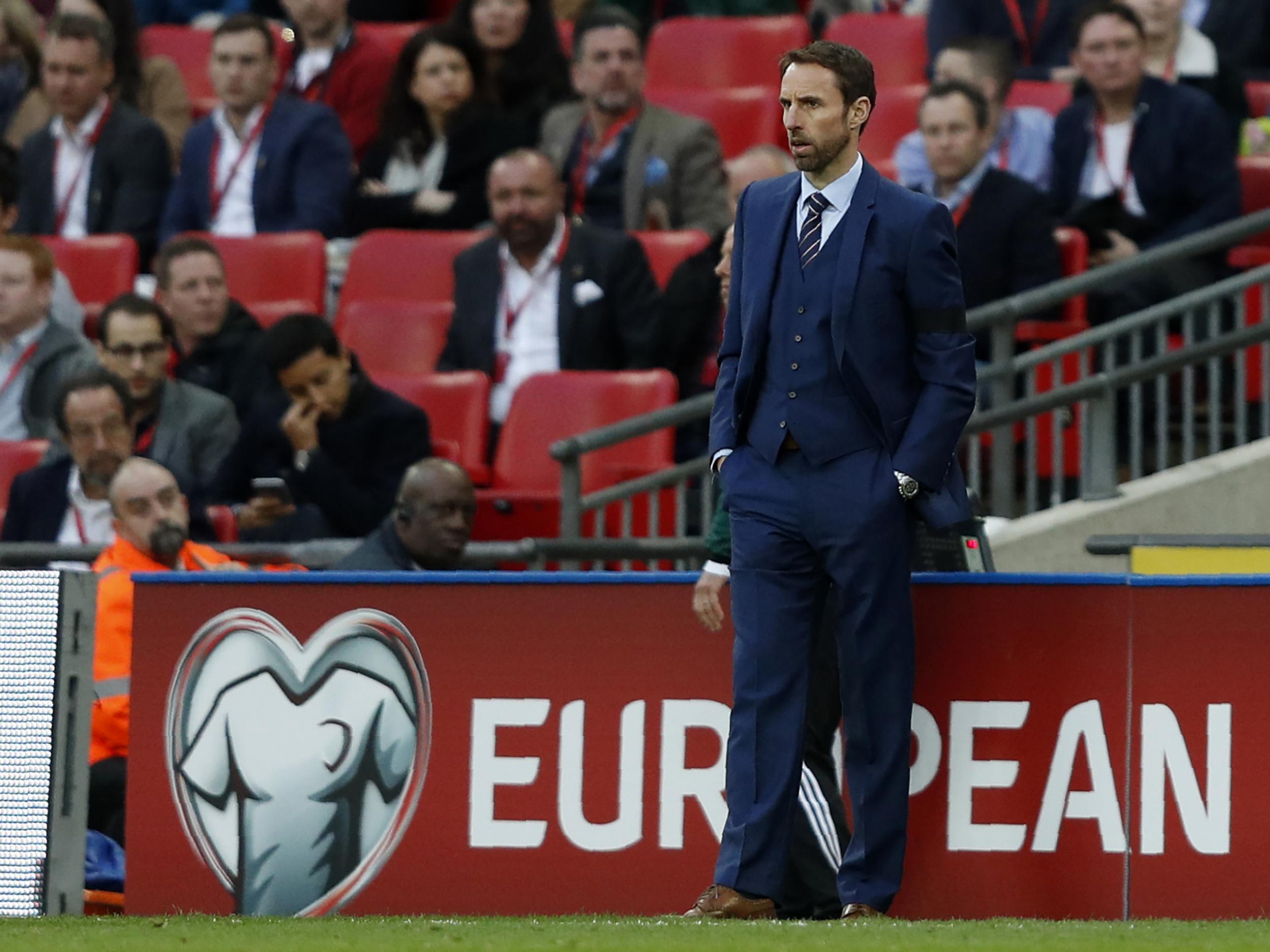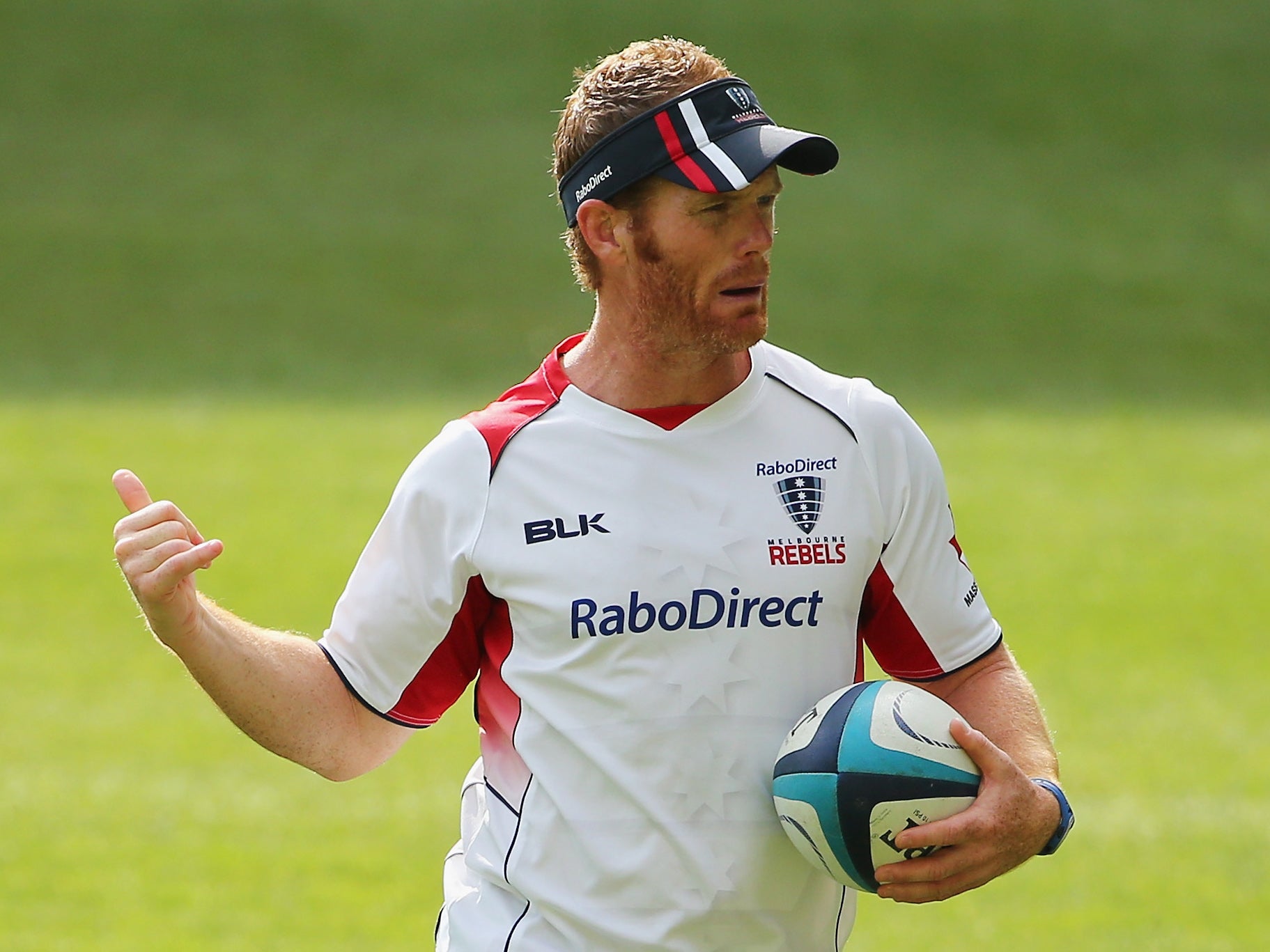Five new things that Gareth Southgate has brought to England, from an Aussie culture to match-day training
He is taking a step away from Three Lions managers of the past

An Australian feel to the place
In Dortmund last week, Southgate provided a surprisingly detailed assessment of how much he felt he could borrow from the Antipodean Eddie Jones’ Six Nations-winning rugby union team, citing the role-specific training sessions, Jones’s focus on situations when "the game was in a mess; stuff in transition rather than when teams are set". And the Jones culture by which the players run the team – even presenting the opposition analysis. Jones doesn’t suffer fools, either, of course. The addition of Australian Bryce Cavanagh to Southgate’s support team means that the FA now have some Australian culture of their own in the set-up. Cavanagh arrived from the Melbourne Rebels rugby union team as FA head of physical performance and nutrition in early November, during Southgate’s period as interim manager. He’s also worked for Munster rugby, the West Indies cricket team and in Aussie rules football. His presence has been felt.

Every minute has counted
In subtle ways, Southgate has made more of the painfully limited time at his disposal. Traditionally, match days with England have entailed a light walk for the players, though in this international break, a new ‘walk-through’ training session has been instituted on the day of the game. There has been more focus on pre-match preparations, with a greater emphasis on diet, and more work to ascertain the players’ club regimes in that respect – with Cavanagh’s influence coming into play. The logistics involved in flying out of Dusseldorf on Wednesday night, after the Germany friendly an hour’s drive to the north of the airport, proved complicated so the players stayed in Germany and trained on the Thursday morning at the ground of second tier German side VfL Bochum. That would not have been done in the past.

Less obsession with captaincy
The Southgate focus on players thinking for themselves has contributed to the perennial debate about who should lead the side becoming more redundant than at any time in living memory, where the national team is concerned. While finding a place for captain Wayne Rooney became a millstone for Roy Hodgson and even Sam Allardyce in his brief tenure, Southgate brushed away the notion of it automatically falling to the most capped player. “We want to develop more leaders,” he said in Dortmund. “It’s something I want to think through but not as important as me to making sure more development. More are given responsibility.”

A modern conversation for England
Southgate and Roy Hodgson share an intellect and a capacity for thought. The 69-year-old revealed in an excellent interview with The Big Issue last week that his literary tastes include JP Donleavy, Bashevis Singer and Saul Bellow. But Hodgson’s ‘space monkey’ joke – directed at Andros Townsend in a half-time dressing room in 2013 – illustrated that you never quite knew what he might have to say next. Southgate has managed to sound modern and yet not cardboard. His plea last week for a culture which is less narrow-minded – “We're an island, we've got to get off the island and learn from elsewhere. We need to look in the mirror and change the way we do things” – felt like a statement for a post-Brexit Britain in which insularity can reside. “I think the diversity of our country has now given us strong, powerful athletes as well” was another interesting observation to make. There’s a distinct strand of talk from him about national pride which he conveys without sounding nationalistic.
A consistent way of playing
A source who has worked with Southgate for several years within the FA set-up cites an October evening in Vinkovci, eastern Croatia, in 2014, as the moment when his commitment to a creed of “getting the ball down and playing” was most evident. Southgate’s England under-21 side carried a 2-1 lead into a European Championships play-off against the home side and after a first half which was shaky at times, won through 2-1 to reach the finals, pressing high up the pitch. “We were brave in the way we played,” Southgate said after the game. His two games as permanent manager have seen the same creed, whether with three or four at the back. The soporific nature of World Cup qualification means that the great unknown – how the team will perform under pressure – will remain an unknown until Russia. But in and out of the tournament environment, they will play the same way.
Join our commenting forum
Join thought-provoking conversations, follow other Independent readers and see their replies
Comments
Bookmark popover
Removed from bookmarks